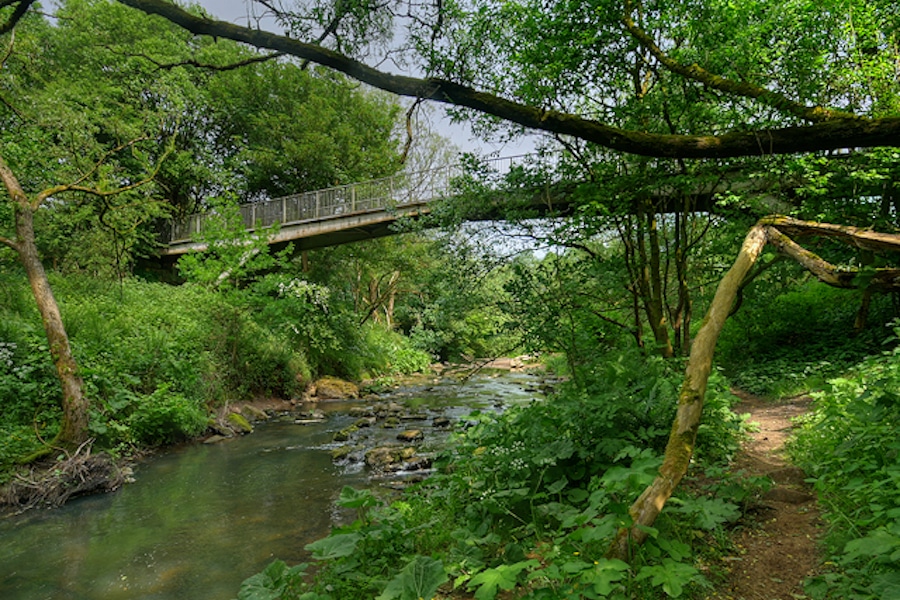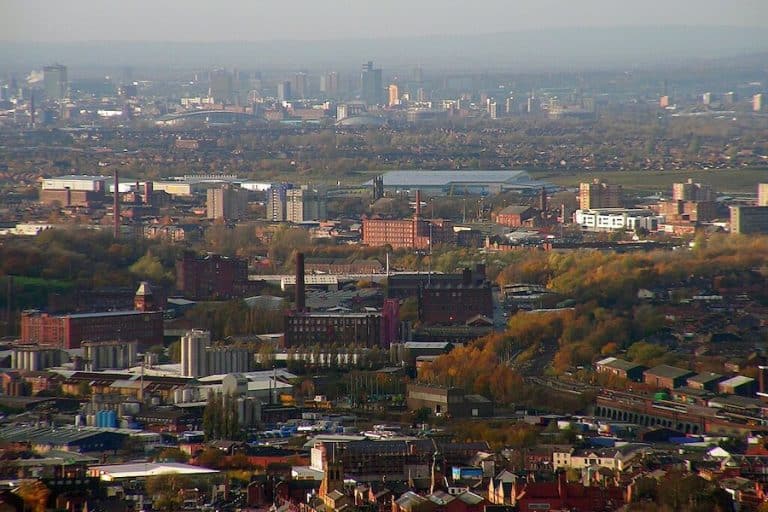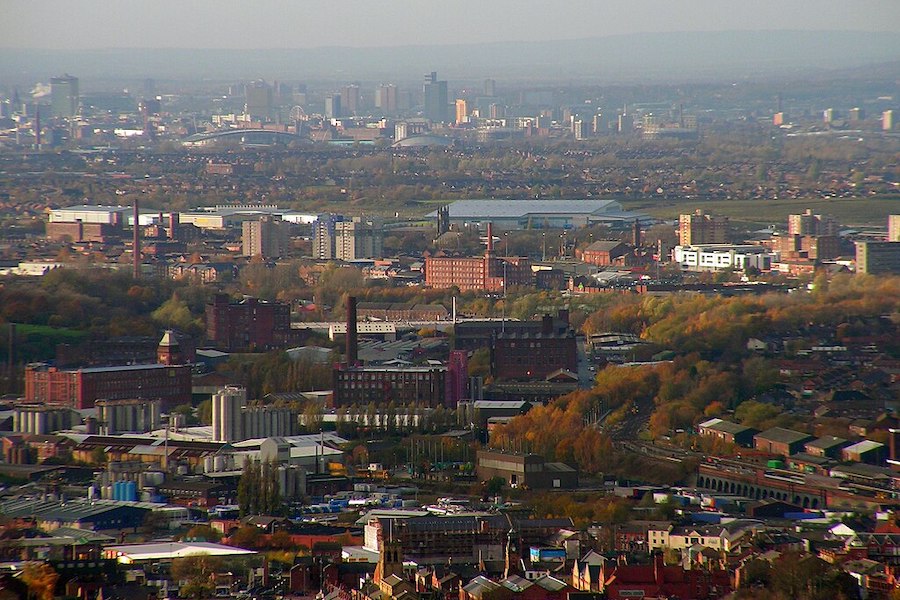Huge £1.2m investment to boost Medlock Valley biodiversity
- Written by I Love MCR
- Last updated 11 months ago
- Civic, Community, Health & Wellbeing, Oldham

Oldham council has received a £1.2 million grant from the National Lottery Heritage Fund Species Survival Fund for a project which will help bring nature back to urban environments in the Medlock Valley.
It will work alongside partners including Manchester and Tameside councils, Groundwork Greater Manchester, Canal & Rivers Trust, City of Trees and Mersey Rivers Trust to enhance habitats at seven sites across the Medlock Valley, covering almost 30 hectares.
Restoring vital habitats
Many species of wildlife and plants can be found in the Medlock Valley including those identified in the Greater Manchester Biodiversity Action plan.
The project’s focus is to halt and reverse the decline in species abundance by preserving and restoring vital habitats. It will deliver a number of habitat improvements including planting of approximately 5,000 trees, invasive non-native pecies management and control and restoration work across the Ashton and Rochdale canal network.
These habitats will become home to species including water voles, waxcap mushrooms and the great crested newt.
The rivers of Manchester
Manchester has three main river valleys; the Irk in the north, the Medlock in the centre and the Mersey in the south.
The Medlock rises in the hills above Oldham and empties into the River Irwell in central Manchester. It runs through the heart of industrial east Manchester, through Clayton Vale, Philips Park, SportsCity, Holt Town, through the city centre to join the Irwell at Castlefield.
The Industrial Revolution exacted a heavy toll on the river, with factories and waste tips lining its banks. Restoration of the river and its landscape has seen an improvement in water quality and the return of fish and other wildlife.
Project partners will coordinate a number of community events and activities which help connect local people with nature, focusing primarily on unemployed people and those experiencing poor health and wellbeing.
Job creation
The project will create six new green job roles and includes complimentary training programmes leading to an upskilled workforce more able to respond to the climate emergency.
“Natural England is really proud to support the Species Survival project in the Medlock Valley,” said Ginny Hinton of Natural England.
“It will be a flagship project for how we can bring nature back to urban environments.”
Follow the Medlock Way
You can follow the Medlock Valley Way from Manchester city centre to Bishop Park near Oldham on foot or take your bike for the first section to Clayton Vale.
Start off near Piccadilly station and head east along the River Medlock, passing Manchester City Football Stadium and Phillips Park before entering a lovely section of parkland and woodland through Clayton Vale. The reserve is home to a number of excellent mountain bike trails run by the National Cycling Centre.
The route continues past Droylsden and Daisy Nook Country Park with the final section taking you past the pretty reservoirs in Strinesdale Country Park to Bishop Park.
This is a waterside walk that takes you through some attractive parkland and woodland. There are also some splendid views of the surrounding countryside during the final ascents at Strines Dale and Bishop Park.
NB.The first part of the trail to Clayton Vale is open to cyclists forming part of regional route 86.
- This article was last updated 11 months ago.
- It was first published on 23 March 2024 and is subject to be updated from time to time. Please refresh or return to see the latest version.
Did we miss something? Let us know: [email protected]
Want to be the first to receive all the latest news stories, what’s on and events from the heart of Manchester? Sign up here.
Manchester is a successful city, but many people suffer. I Love Manchester helps raise awareness and funds to help improve the lives and prospects of people across Greater Manchester – and we can’t do it without your help. So please support us with what you can so we can continue to spread the love. Thank you in advance!
An email you’ll love. Subscribe to our newsletter to get the latest news stories delivered direct to your inbox.
Got a story worth sharing?
What’s the story? We are all ears when it comes to positive news and inspiring stories. You can send story ideas to [email protected]
While we can’t guarantee to publish everything, we will always consider any enquiry or idea that promotes:
- Independent new openings
- Human interest
- Not-for-profit organisations
- Community Interest Companies (CiCs) and projects
- Charities and charitable initiatives
- Affordability and offers saving people over 20%
For anything else, don’t hesitate to get in touch with us about advertorials (from £350+VAT) and advertising opportunities: [email protected]

Strictly high-flying: Kelvin Fletcher trades dance moves for dirt jumps at Arenacross

Worker Bee: Meet Peter Hook, legendary New Order and Joy Division bassist

Hilton Manchester Deansgate’s superstar chefs shine on the world stage

How Sounds from the Other City became the UK’s most unforgettable independent festival

Piehard: where to get the best pies in and around Manchester















